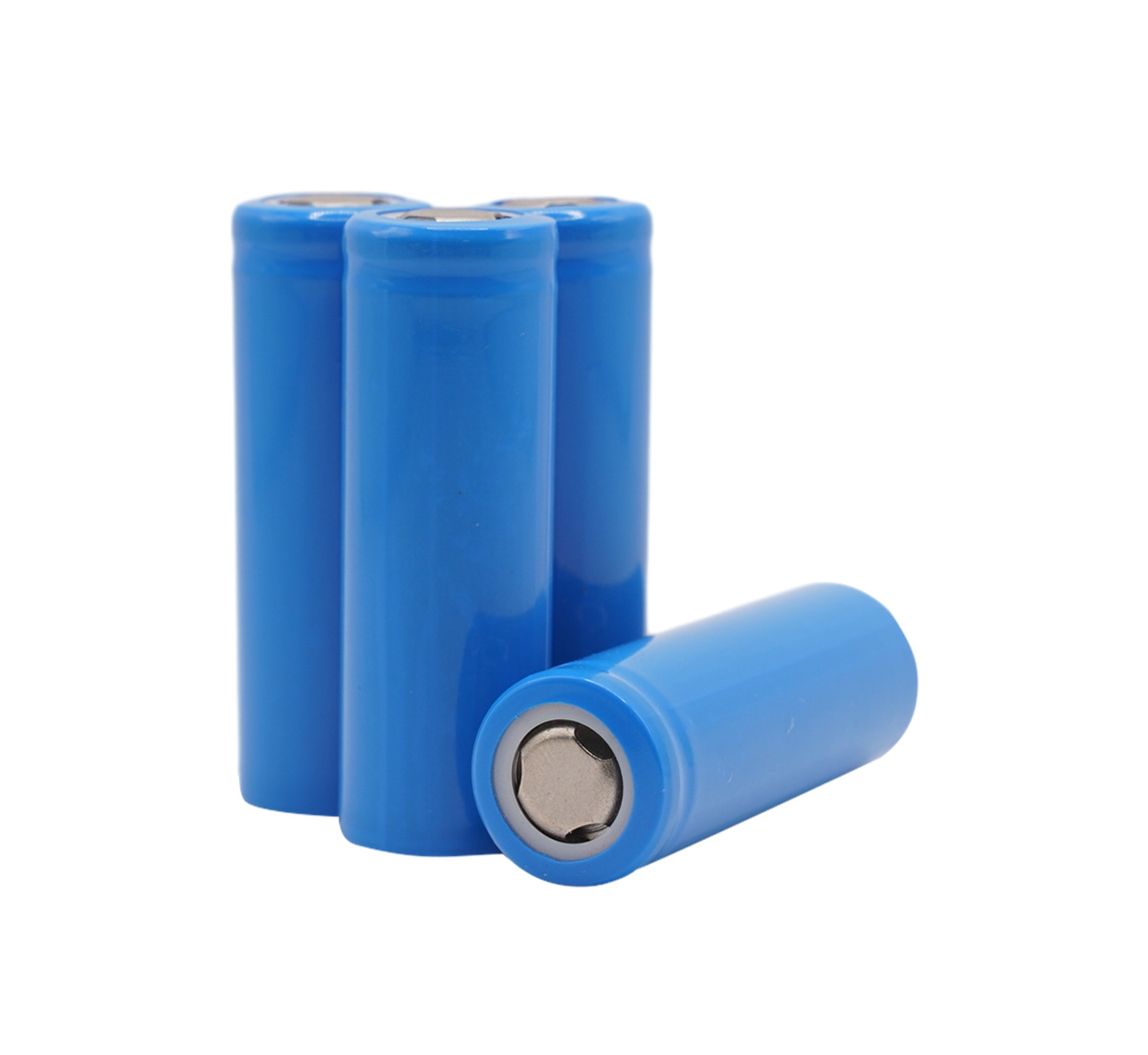Time:2024-03-01 Preview:1 source:News

There are three main reasons why lithium-ion batteries cannot be charged quickly:
Influence of material characteristics: The characteristics of key materials such as positive and negative electrode materials and electrolyte of lithium-ion batteries will restrict its fast charging capability. For example, cathode materials such as lithium nickel cobalt manganate (NCM) and lithium iron phosphate (LFP) have good performance in terms of energy density and cycle life, but their fast charging performance is relatively poor. The negative electrode material is prone to lithium precipitation during the fast charging process, resulting in reduced battery performance and safety issues.
Electrochemical reaction limitation: During the fast charging process, the electrochemical reaction speed of lithium-ion batteries is limited, resulting in increased battery internal resistance, increased heat generation, and decreased performance. Especially at high temperatures, the electrochemical reaction rate constant decreases, further limiting fast charging capabilities. In addition, the rate performance of the battery is closely related to the electrochemical reaction kinetic parameters, and increasing the reaction rate will help improve the fast charging performance.
Battery structure and design: From the cell level, the rate performance of lithium-ion batteries is not only restricted by the intrinsic transmission characteristics of the material matching system, but also affected by the pole piece process and cell structure design. In addition, the charging of lithium-ion batteries is divided into three stages, namely constant current precharging, high current constant current charging and constant voltage charging. The charging current of fast charging is larger than the normal charging current, which may cause lithium ions to accumulate faster in the battery, forming unstable deposits, resulting in battery capacity fading and shortened life.
To sum up, the reasons why lithium-ion batteries cannot be charged quickly include material characteristics, electrochemical reaction limitations, battery structure and design, etc. Therefore, in practical applications, it is necessary to select appropriate charging methods and charging equipment according to specific needs and scenarios to ensure the safe, stable and efficient use of lithium-ion batteries.
Related suggestion:
Structural features of cylindrical, square and soft-pack lithium batteries
New graphene capacitors are developed to form all-solid-state flexible supercapacitors